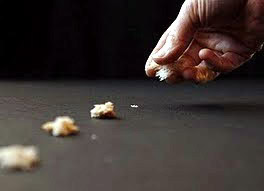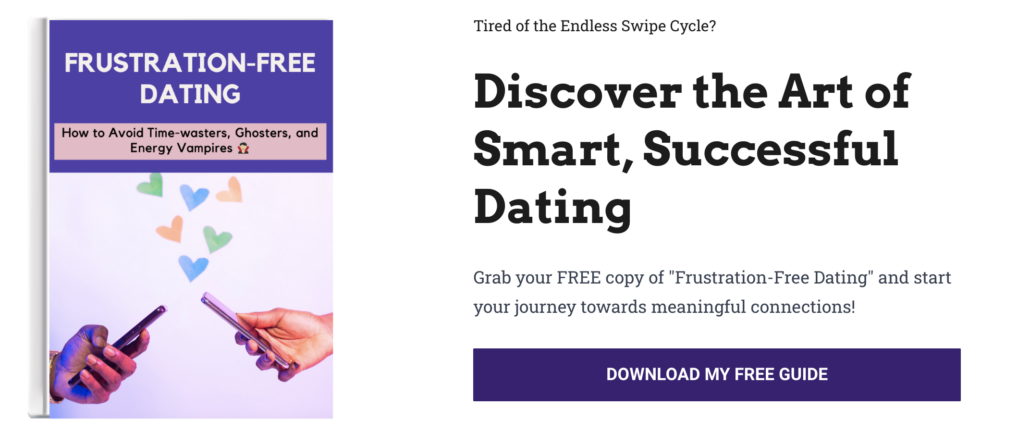The Texting Trap: Why Too Much Texting Can Ruin Your First Date
The way we communicate has completely transformed, especially when it comes to dating. Texting is quick, easy, and feels low-risk, but could it actually be sabotaging your first dates before you even meet?
If you’ve ever found yourself in an awkward silence after days of non-stop texting, you’re not alone. We call this the Texting Trap, a cycle of endless messaging that creates false intimacy and burns out the excitement before the real date even happens.
Let’s unpack the ways over-texting could be killing your first-date potential and how to change that for good.
1. Too Much Texting Kills the Mystery
First dates thrive on curiosity and discovery. But if you’ve already exchanged every favorite movie, breakfast choice, and pet peeve over text, there’s little left to uncover when you finally meet.
The magic of a first date is in the unknown, those fresh questions that spark real-time reactions. When texting turns into a full-blown autobiography, that anticipation fades. Keep some of your stories for the date to keep the energy fresh and engaging.
2. Miscommunication Is Practically Guaranteed
Without tone, facial expressions, or body language, texts can easily be misinterpreted. A sarcastic joke might come off as harsh. A delay in response could be read as disinterest.
These micro-misunderstandings pile up, setting the wrong tone before you even meet. Saving the deeper conversations for in-person interactions allows for clarity and connection.
3. Texting Builds False Expectations
Let’s be honest: texting lets us curate our responses. We can pause, think, and craft the perfect reply, but that’s not how real conversations work.
The person you’ve been texting for days might seem sharp and charming through their carefully chosen words, but in real life, that chemistry might not translate.
First dates should be about real-time connection, not trying to match the polished versions of ourselves we’ve been texting.
4. Emotional Intimacy Develops Too Fast
It’s easy to share personal stories over text because it feels less vulnerable. But that rapid connection can lead to unrealistic expectations before you’ve even shared a meal together.
Emotional intimacy needs the balance of face-to-face interaction to really take root. Otherwise, it can feel like you’re on a third date emotionally when it’s actually your first in person.
5. Over-Texting Leads to Burnout Before You Even Meet
Conversations should be building excitement, not draining it.
If you’ve been texting nonstop for days or weeks, that first date can feel more like a formality than an adventure. Keep the pre-date texting light and focused on logistics to avoid burnout.
6. It Steals the Build-Up of Anticipation
Anticipation is half the fun of dating. When you’ve already spilled everything over text, there’s no room left for those fun ‘getting to know you’ moments.
Keep some stories for when you’re face-to-face, it’ll make the experience feel more authentic and exciting.
7. Texting Stays Surface-Level
While it’s great for quick check-ins and flirty banter, texting rarely dives deep.
Real conversations, the ones that build lasting connections, happen face-to-face. Save those more meaningful discussions for when you’re together.
8. You Miss the Chance to Gauge Real Chemistry
Chemistry isn’t something you can feel through a screen.
That spark, that laugh, that body language, you only get those signals in person. If you’re spending too much time in the texting phase, you might be missing the real-world connection entirely.
9. It Makes You Overthink Everything
The more you text, the more room there is for second-guessing.
Did they like that joke? Was that emoji too much? Did I reply too quickly? By the time you meet, you might already feel drained from all the mental gymnastics.
Breaking Free from the Texting Trap
Texting is great for setting up dates and sharing quick thoughts, but it’s not a substitute for real-world connection.
The key is to text with purpose, not out of habit. Keep your texts light and focused on making plans, not spilling your life story. When you do finally meet, you’ll find there’s so much more to discover, and that’s where the real magic happens.
If you’re tired of texting games and fairy tale expectations, it’s time for a fresh approach. Grab a copy of F the Fairy Tale: Rewrite the Dating Myths and Live Your Own Love Story and learn how to create a real connection, without the burnout.
Get the book on Amazon and start writing your own love story today.

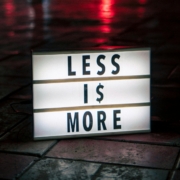




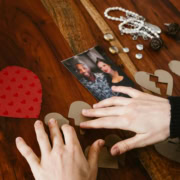
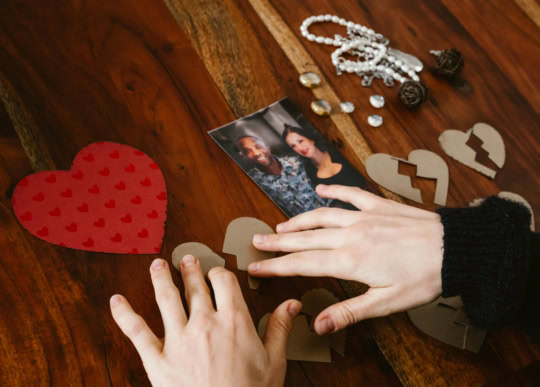

 The way we connect with others can be both beautiful and complicated. But not every connection is as genuine as it seems.
The way we connect with others can be both beautiful and complicated. But not every connection is as genuine as it seems.  When someone breadcrumbs you, they create an illusion of possibility. You might feel excited or hopeful when they give you attention, only to be crushed when they inevitably pull away.
When someone breadcrumbs you, they create an illusion of possibility. You might feel excited or hopeful when they give you attention, only to be crushed when they inevitably pull away.